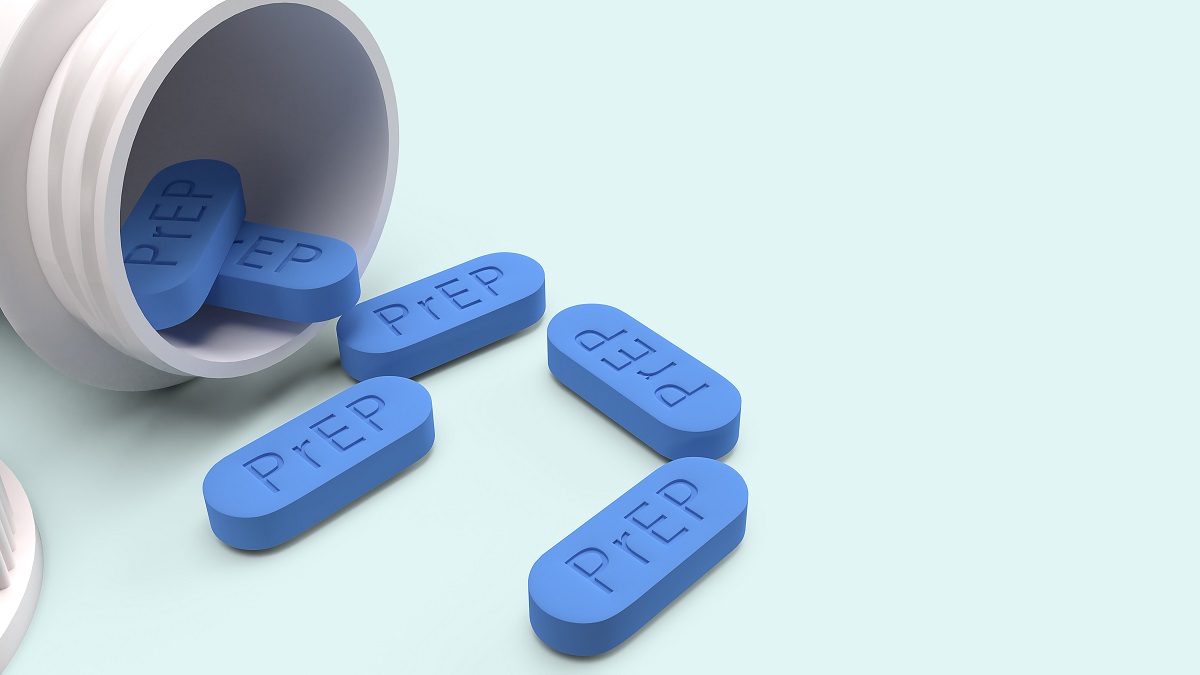The search for both preventative drugs and medications that can treat coronavirus patients is heightening with each new case and death caused by the disease. Researchers and scientists alike have been researching existing medications as well, if not to be the one-stop cure for COVID-19, then, hopefully, at least to be used as something that can help treat the symptoms and relieve the suffering of patients.
Existing drugs that are being looked at a little more closely right now are those that have proven to treat HIV, Ebola and malaria.
One of these drugs is called Truvada, a drug manufactured by Gilead Sciences that was first approved by the U.S. Food and Drug Administration (FDA) in 2004, and which has sparked multiple lawsuits due to undisclosed side effects HIV patients experienced while taking the medication.
Truvada’s Complicated History
The majority of lawsuits filed against Gilead Sciences are due to serious kidney and bone damage individuals have suffered from after being prescribed the drug. Other documented side effects include liver problems, immune reconstitution syndrome – and when patients stopped taking Truvada – symptoms of the hepatitis B virus (HBV).
Consumers state that Gilead Sciences acted in a negligent manner by failing to inform the public about the risks associated with the drug. Negative FDA feedback was first documented in 2000, back when they warned Gilead about their downplaying the seriousness of Truvada’s side effects and exaggerating the drug’s effectiveness, likening it to a miracle for HIV patients.
The plaintiffs pursuing these cases are seeking damages to compensate for a variety of financial losses including wages lost due to injuries caused by Truvada, accumulated medical bills, and past and future pain.
Gilead’s Approach to COVID-19 with Truvada
Sonia Choi is the vice president for public affairs at Gilead Sciences and confirmed the beginning of research on Truvada’s effectiveness against the coronavirus back in March in an email to the publication, Washington Blade.
Due to the devastating losses COVID-19 has caused for communities all across the world, it’s worth trying medications that have already proven to be effective, but according to Choi, the company is not expecting Truvada to be the answer based on its past trials on other diseases.
Truvada has already been tested against the Ebola virus, hepatitis C virus, respiratory syncytial virus and bovine diarrhea virus, none of which it was a match for, using the in vitro method that the company plans to use for its COVID-19 tests.
However, over in Spain, there is a 12-week clinical trial being done with participants who will be using the drug to see if it can prevent infection from the coronavirus.
Dr. Jose Arribas from La Paz Hospital noted that very few people with HIV have also been diagnosed with coronavirus, which doesn’t necessarily add up because HIV can weaken individuals’ immune systems, likening them to those of an older demographic.
There is another clinical trial that will be conducted by The National Institutes of Health in the United States, which was announced on April 9th.
The results of these various studies will be interesting to see and offer a small sense of hope that there may be a way to protect those already diagnosed with HIV one step further.
